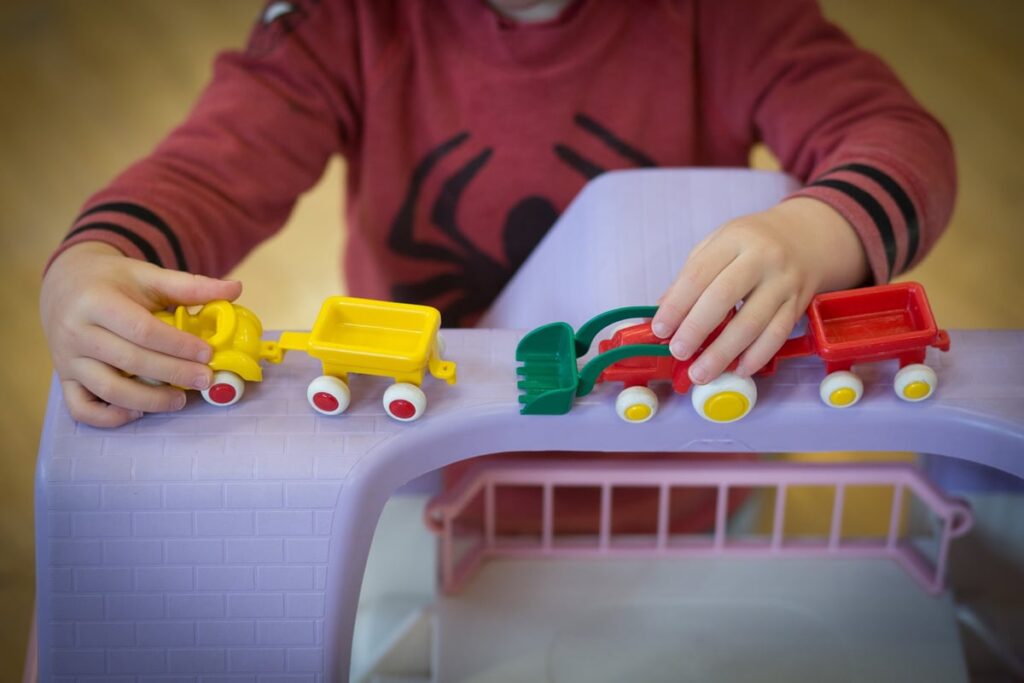
Attention Deficit Hyperactivity Disorder (ADHD) affects an estimated three million people in the UK, with around 623,000 of those being children, according to ADHD UK. As children begin school, symptoms of ADHD often become noticeable, leading to diagnoses typically before the age of 12. However, many adults are now seeking diagnoses for ADHD that went unrecognized in their childhood.
For parents, understanding the signs and symptoms of ADHD in children is crucial. This article provides a comprehensive overview of ADHD, its symptoms, and the support available for those affected.
Understanding ADHD: A Behavioral Condition
ADHD is a condition that impacts behavior, often resulting in restlessness, difficulty concentrating, and impulsive actions. These symptoms are generally observed when a child starts school, where the structured environment can highlight behavioral differences. While most cases are diagnosed in children under 12, adult diagnoses are increasingly common as awareness grows.
Signs and Symptoms of ADHD in Children
ADHD symptoms typically appear before the age of 12 and can manifest as inattentiveness, hyperactivity, or impulsivity. Most children with ADHD exhibit a combination of these traits, although some may only display one type.
Inattentiveness
- Difficulty sustaining attention in tasks or play activities
- Frequent careless mistakes in schoolwork
- Appearing not to listen when spoken to directly
- Difficulty organizing tasks and activities
Hyperactivity and Impulsivity
- Fidgeting or squirming in seats
- Running or climbing in inappropriate situations
- Inability to play or engage in activities quietly
- Interrupting or intruding on others’ conversations or games
Diagnosis and Seeking Help
Diagnosing ADHD is not straightforward, as there is no single test. Instead, a detailed assessment by a specialist is required. If you suspect your child may have ADHD, visiting a GP for a referral to a specialist is the recommended first step. Assessments are typically conducted by child psychiatrists, paediatricians, or other healthcare professionals with expertise in ADHD.
“There is no simple test to find out if your child has ADHD, but after a detailed assessment, a specialist will be able to make an accurate diagnosis.”
Support and Resources for Parents
Once diagnosed, children with ADHD can benefit from various support strategies, both at home and in school. Behavioral therapy, educational support, and medication are common approaches to managing ADHD symptoms. Parents are encouraged to work closely with teachers and healthcare providers to develop a comprehensive support plan.
For more detailed information and resources, parents can visit NHS.UK, which offers guidance on managing ADHD in children and young people.
Looking Forward: The Growing Awareness of ADHD
The growing recognition of ADHD in both children and adults marks a significant shift in understanding behavioral health. As awareness increases, more individuals are seeking diagnoses and support, leading to better outcomes and quality of life for those affected.
Parents play a critical role in early identification and intervention, which can significantly impact a child’s development and future success. By staying informed and proactive, parents can help ensure their children receive the necessary support and resources to thrive.
In conclusion, recognizing the signs of ADHD early and seeking appropriate help can make a significant difference. As awareness continues to grow, so too does the potential for improved understanding and management of this condition.




